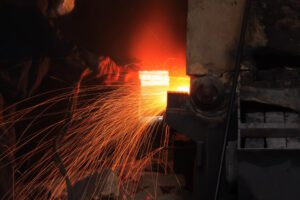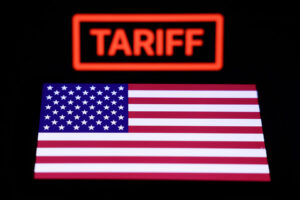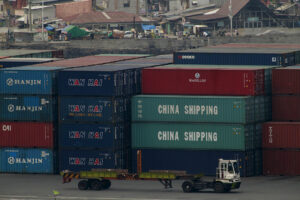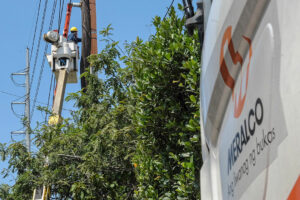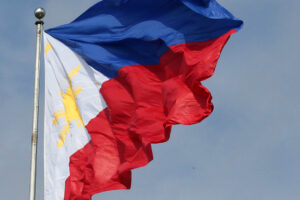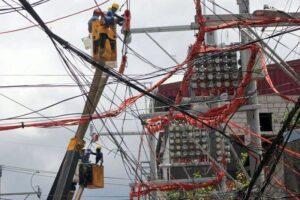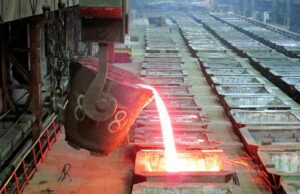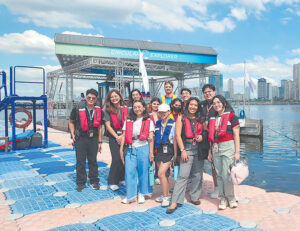By Kyle Aristophere T. Atienza, Reporter
NICKEL PRODUCERS said on Tuesday that the government should focus on easing the mining permit process and reduce production costs instead of imposing a mineral export ban, which it said will damage the Philippines’ standing in global value chains at a time when a market rebound is looming.
The government is considering an ore export ban to force the construction of mineral processing facilities, raising the value-added content of the industry’s output.
The Philippine Nickel Industry Association (PNIA) said the proposed export ban ignores the regulatory and business challenges that make domestic processing difficult to pull off.
PNIA President and Global Ferronickel Holdings, Inc. CEO and President Dante R. Bravo said at a briefing: “If you have a five-year export ban, who would even bother to apply for exploration? It will stop all exploration investment.”
Senate President Francis Joseph G. Escudero last week filed a bill seeking to ban the export of raw minerals including nickel ore, of which the Philippines is the world’s second-largest producer.
PNIA Board Member and Nickel Asia Corp. CEO Martin Antonio G. Zamora said the Philippines first needs to address fundamental issues that hinder its value-adding goals before considering any export ban.
“The ban should not be there at all. There are many things that a country needs to promote value-added processing, and we have to work on the fundamentals first,” he said, referring to the bureaucracy stifling mining activity.
He said mining permits take roughly 10 years to be approved, adding that conditions are unfavorable for establishing and sustaining value-adding activities in the Philippines.
Mr. Zamora said the permitting hurdle forces investors to look for a more attractive regulatory environment in other countries “where they can get attractive returns on investment.”
The bill cited the case of Indonesia, which enforced a ban on nickel exports in 2020 and bauxite exports in 2022.
But PNIA said Indonesia has a more conducive investment climate for value-added processing.
“Indonesia enjoys several advantages that the Philippines lacks, including policy implementation, infrastructure, and strong government support,” it said.
It noted that Indonesia only implemented the ban after attracting a substantial number of processing investors.
Jakarta was also able to build infrastructure and offer fiscal incentives “that have allowed it to quickly scale up processing capacity driven by strong government support.” Mr. Bravo said.
He said the government also needs to conduct strategic mapping of resources to identify quality nickel deposits, adding that as not all ore is suitable for value-added processing.
“Without addressing these key issues, imposing an ore export ban at this time would slow progress and risk industry failure.”
Asked to comment on the proposed export ban, Chamber of Mines of the Philippines Chairman Michael Toledo said the proposal will be “another mid-stream change of policy that is detrimental to investment.”
He said there are significant differences between the Philippines and Indonesia, including Jakarta’s much higher ore grades — especially saprolite ore — compared to those mined in the Philippines.
“Indonesia also has much lower power costs, more abundant coal reserves to power processing facilities, and a more encouraging and stable business environment,” he said.
He said the proposal will massively disrupt existing supply chains, noting that many mining companies have long-term contracts and established supply chains with international buyers.
“This policy change could disrupt these agreements, leading to contractual disputes, penalties, and loss of trust in the Philippines as a reliable trading partner.”
Global nickel production is projected to grow by 3.8% in 2025, while consumption is expected to rise by 5% to 3.514 million tons, driven primarily by demand for stainless steel and renewable energy, according to PNIA’s market analysts.
“While global demand remains strong, the oversupply from Indonesia and shifts in technology will continue to put downward pressure on prices,” Mr. Bravo said.
Nickel prices, which recently hit a four-year low, are forecast to average $16,750 per ton in 2025, with potential spikes to $20,000 early in the year.
“Price fluctuations due to oversupply from Indonesia and changing demand patterns, such as the growing preference for lower-nickel batteries, will impact market stability,” Mr. Bravo said.
Among the challenges that the industry is monitoring is China’s slowdown in stainless steel production and the shift to lithium iron phosphate batteries, which threaten the role of nickel-based batteries in electric vehicles.
He said low nickel recycling rates could also impact supply flexibility.
Mr. Bravo also said geopolitical risks in major producers like Indonesia and the Philippines may disrupt market stability.
Tensions between the Philippines and China in the South China Sea have reached new heights this year, with Beijing sending its largest coast guard ship to waters near the province of Zambales.
Asked if the growing tension threatens the Philippine nickel sector, Mr. Zamora said: “The cheapest nickel technology is with China.”
If the Philippines is to develop its downstream industry, “the cheapest way to do it is to partner with China,” he said.
“It’s not beneficial for the nickel industry if we do not have joint ventures with Chinese companies,” he added.
Meanwhile, Mr. Bravo said the Philippines will not be massively affected by President Donald J. Trump’s reversal of US climate policies, noting that Philippine nickel mainly supplies the Chinese market.
“On the Philippine side, we are looking for the growth of stainless steel production,” he said.
PNIA, which accounts for 85% of Philippine nickel output, is present in seven provinces — Dinagat Islands, Isabela, Palawan, Surigao del Sur, Surigao del Norte, Tawi-Tawi, and Zambales.
